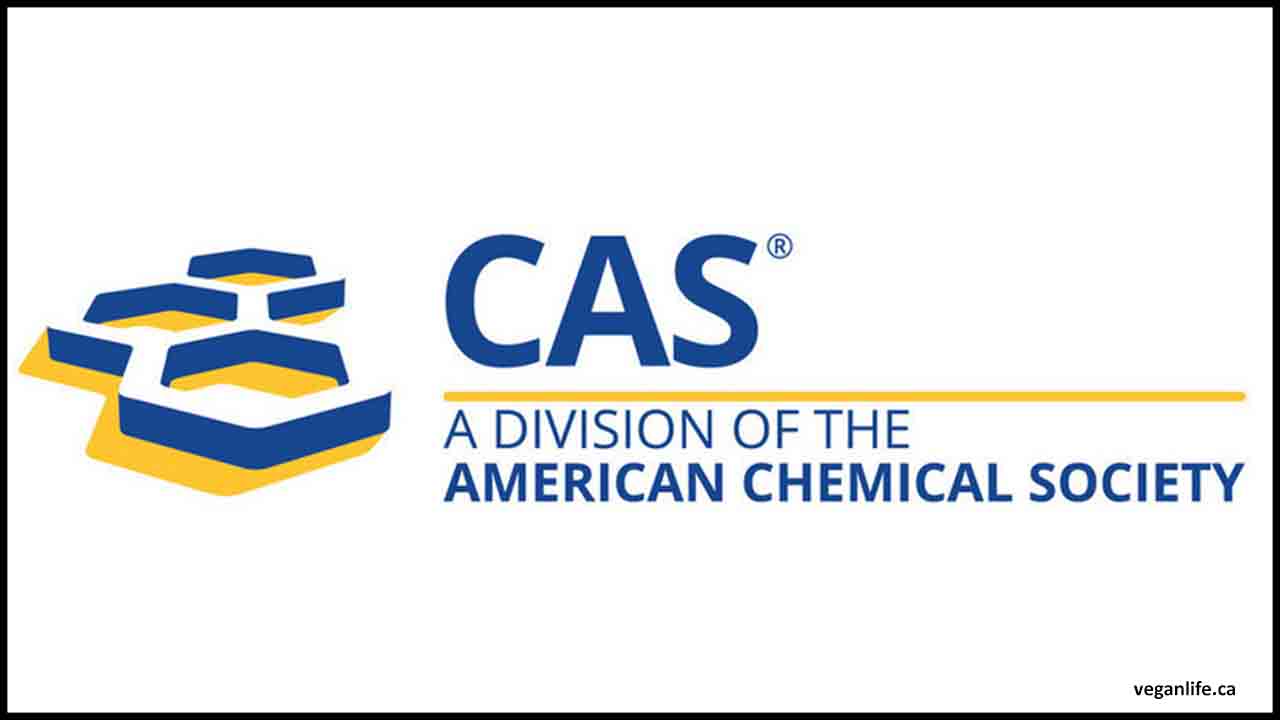CAS, a division of the American Chemical Society specializing in scientific information solutions, has issued a special report in ACS Central Science titled "Assay Techniques and Test Development for COVID-19 Diagnosis." Drawing from global scientific publications, this report provides a detailed overview of COVID-19 diagnostic tests, trends, and resource.
According to the World Health Organization, the COVID-19 pandemic has caused more than 2.8 million confirmed illnesses and more than 193,000 deaths. Social distancing requirements have slowed the virus' spread. To further contain COVID-19, experts agree that fast, convenient and accurate diagnostic tests are desperately needed. Widespread testing of the general population would allow identification and isolation of patients early in the course of their illness, as well as asymptomatic people who might unknowingly spread the disease.
To assist with better understanding of the numerous diagnostic tests available, a group of CAS scientists, led by Dr. Cynthia Liu, summarized the basic principles of molecular and serological assays used for detection of the COVID-19 virus SARS-CoV-2. Their report highlights recent advancements in testing technologies and provides a high-level view of over 200 diagnostic tests currently available.
"CAS scientists are committed to sharing our data and expertise to support the life-saving innovation efforts focused on fighting COVID-19," said Gilles Georges, Chief Science Officer at CAS. "This report enables researchers to make connections between published scientific data that can advise development and deployment of faster, higher throughput and more accurate diagnostic testing."
Tests for COVID-19 currently fall into two major categories: those that detect the RNA of SARS-CoV-2, the virus that causes COVID-19; and those that detect antibodies in the blood of people who at some point were infected with the virus.
In the first category, the most common tests rely on the reverse-transcriptase-polymerase chain reaction (RT-PCR). Although it is currently considered the "gold-standard" for COVID-19 diagnosis, RT-PCR requires expensive instruments, trained personnel and takes several days to generate results. Thus, researchers are avidly exploring faster and more cost-effective testing methods.
The second category, antibody tests, aren't used for early diagnosis because antibodies do not appear in the blood until days to weeks after infection. However, they can be used to confirm suspected cases, monitor the progress of an individual's disease, and identify people with potential immunity.
Widespread deployment of both categories of tests could help manage people's return to normal activities, but many questions regarding the relative specificity and sensitivity of the tests, remain to be answered.

 Tests for COVID-19 currently fall into two major categories: those that detect the RNA of SARS-CoV-2, the virus that causes COVID-19; and those that detect antibodies in the blood of people who at some point were infected with the virus.
Tests for COVID-19 currently fall into two major categories: those that detect the RNA of SARS-CoV-2, the virus that causes COVID-19; and those that detect antibodies in the blood of people who at some point were infected with the virus.





















.jpeg)












